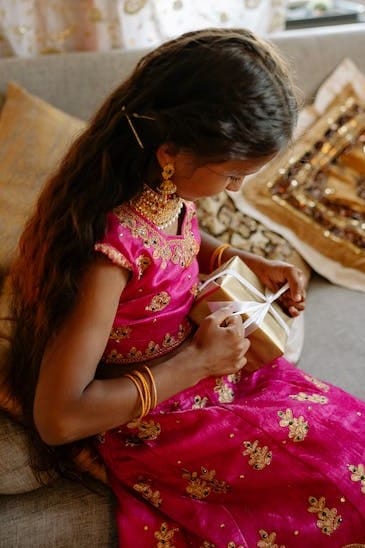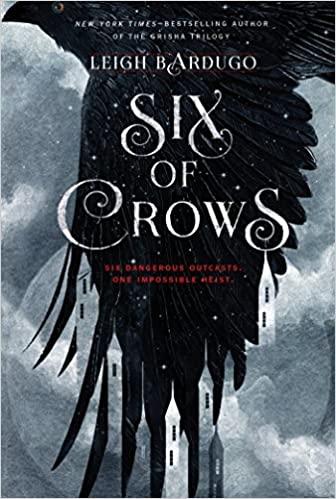Haunting Gothic Fiction










 The Djinn Waits a Hundred Years
The Djinn Waits a Hundred Years
New Adult, Gothic Fiction, Paranormal Fiction, Historical Fiction
Viking
January 9, 2023
Kindle, Hardcover, Audiobook
320

Akbar Manzil was once a grand estate off the coast of South Africa. Nearly a century later, it stands in ruins: an isolated boardinghouse for eclectic misfits, seeking solely to disappear into the mansion’s dark corridors. Except for Sana. Unlike the others, she is curious and questioning and finds herself irresistibly drawn to the history of the mansion: To the eerie and forgotten East Wing, home to a clutter of broken and abandoned objects—and to the door at its end, locked for decades.
Behind the door is a bedroom frozen in time and a worn diary that whispers of a dark past: the long-forgotten story of a young woman named Meena, who died there tragically a hundred years ago. Watching Sana from the room’s shadows is a besotted, grieving djinn, an invisible spirit who has haunted the mansion since her mysterious death. Obsessed with Meena’s story, and unaware of the creature that follows her, Sana digs into the past like fingers into a wound, dredging up old and terrible secrets that will change the lives of everyone living and dead at Akbar Manzil. Sublime, heart-wrenching, and lyrically stunning, The Djinn Waits a Hundred Years is a haunting, a love story, and a mystery, all twined beautifully into one young girl’s search for belonging.

“But the past will always follow you, no matter how hard you try to leave it behind.”

Shubnum Khan has created a lyrical and haunting tale in her novel The Djinn Waits a Hundred Years. This suspenseful mystery melds an exotic locale and eastern culture with the curiosity of a child whose essence has not been tarnished by the loss she has experienced or the ugliness of the world and a Djinn who has seen and felt too much of both. It is a story in the present that helps the events of a hundred years prior to unfold, revealing a tragedy that has lay dormant and a Djinn who has stood as a sentinel to that sweet, lost soul.
“If she explores the right places, she might discover something amazing, or terrible; something beyond the tragedies of her life, that will make her feel less alone. She refused to become like the other residents who she sees have succumbed to a kind of apathy. She asks questions, opens boxes, makes records, and writes notes. But the girl has something the others do not: a questionable amount of soul. And a questionable amount of soul is a dangerous thing. It makes people unpredictable; it can send them out in the darkness to seek things that others would never dare.”

Sana is not a normal child with a normal upbring. When her father wanted a life change after the death of her mother, she never expected for him to uproot them from India and take the job of cook at the Akbar Manzil, a former grand estate in South Africa but now a boarding house for an eclectic mismatch of souls and haunt of a slumbering Djinn. Sana’s spark for life and her genuine goodness awakens not only the Djinn but things in the other residents that they thought had been long lost. There are so many qualities about Sana that I loved as the protagonist to a story that is quite tragic. This dichotomy left me with a feeling of hope and optimism instead of the expected sadness as the scope of Meena’s tragedy unfolds. It is ultimately Sana’s goodness that finally brings about a happy ending to a story that began a hundred years prior. While I truly was intrigued by the plot of The Djinn Waits a Hundred Years and its cast of characters it was Shubnum’s lyrical prose that had me most mesmerized. She writes with a musicality that would make me stop just to think about the image she painted with her words. For example, when speaking of Meena, “Eventually she begins to disappear into the furniture, against walls; her bare ends blending into things like the end of a brushstoke. Perhaps this is the reason they begin to forget that she is there; they cannot find her edges, the parts of her to pull out from the background to identify her by.” Or as Sana begins to better understand the heir and owner of Akbar Manzil, “Sana watches Doctor change shape in front of her as he speaks. The dawn breaks and he is no longer a lonely man with frail hands, he is a strong, young man with wild hair and bright eyes, and she realizes then a memory can make you whole.” If a book was to be set to music, I would pick one written by Shubnum.

“Love comes in all forms, even ones we don’t always recognize.” Finally, Shubnum ties her haunting story with its captivating presentation, which incorporates Indian and South Africa culture, together with underlying themes of love and completeness leaving me both contemplative and content. The Djinn Waits a Hundred Years will be a book that I revisit for both the experience and and the feelings. Because of all of these things: a fascinating use of language, strong storyline and characters, and emotive themes, this wonderful literary experience was hands down a five-star read for me.
Tanya’s love for books has been a lifelong passion that she likes sharing with others. Reading is also the thing that relaxes her after a day of juggling the many responsibilities that come with being being wife to an amazing man, mother to four great kids spread around the world, business manager, and farm hand on their place in southwest Missouri; home to Akaushi cattle and a menagerie of pygmy goats, horses, chickens, dogs and cats.






It sounds so sweet. I’m putting this book on my TBR list!
Would love to hear your thoughts after your read it!